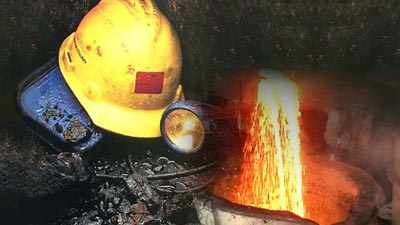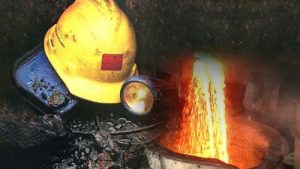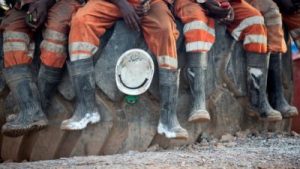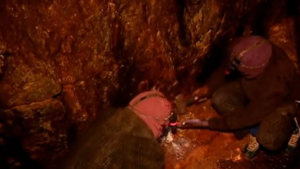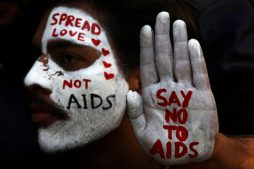Deputy Minister at the department of Mineral and Resources, Godfrey Oliphant, says they are confident that they will finalise the new mining charter before the end of this year despite challenges the charter faced.
The minister was speaking at the opening of the Junior Indaba, a two-day mining conference that addresses the challenges of junior and small scale mining companies in the country.
The deputy minister says government has heard the voices of the zamazama’s and are looking to formalise illegal mining where it is safe to do so.
He says they’re confident that the entire mining industry will accept Mining Charter Three, which government intends to finalise before the end of this year.
Oliphant says consultation with all stakeholders for the latest version of the mining charter three has been completed and that they’re confident that all challenges have been dealt with.
“We are happy that we were able to engage thoroughly but if the charter will be able to address most of the problems that will be raised by all stakeholders , they are interested party’s all of them . its another matter we have to have a process we are generating both the charter and also a report with some action plans that will be able to deal with other matters that are not related to the charter because there is community there were not just issues about the charter there was everything else.”
The department of minerals and resources say they will continue to intensify their support to junior miners and those entering the industry for the first time.
“We don’t to seem to be having any other engagements with junior miners other than coming to this podium and I think its something that we need to correct and they are things. Investment in the sector is specifically important for junior miners, as most struggle to grow and be sustainable due to challenges that include limited to no funding as well as lack of mentorship. The department has launched a junior mining program to provide opportunities for new entrants identified through the new mining chains. Currently there are ninety companies in our data base requiring funding opportunities. ”
The Minerals Council of South Africa (formerly Chamber of Mines) says there are 14 000 people estimated to be involved in illegal mining in South Africa
“We have been doing it in areas like Gauteng where it is safe where we also habited some grounds and where people say they want economic activity. There are areas where you are not mining, where you are not going to be mining and some of them are dump and some of them are areas make them available, let people work , we are able to work together to minimise illegal mining.”
The major mining companies have been taken to task for not spending anything on new mining exploration. The issue was raised by former Harmony Gold CEO, Bernard Swanepoel, who is chairing the Indaba.
He says government issues thousands of mining licences in South Africa, and yet very little mining exploration occurs.
“The companies that make up the chambers of mines are currently not exploring in South Africa and clearly to have one legislation that fits all is ill conceived. And to bring it to South Africa specifically where are the mining exploration companies in South Africa. Exploration money goes to the jurisdiction where the regulation is the friendliest. There has been more shopping centres build with that scheme than exploration being done and this is a country with deep mining history.”
Government says it wants to implement a charter that has specific provisions that ensures job creations , beneficiation and local procurement. It wants a charter that will also promote skills development, technological innovation and exploration.
The mining sector has seen a decline in jobs over the last few years, the sector n only employs 450 thousand people. Government says encoring young people into the sector is one way to reduce the high unemployment rate.


